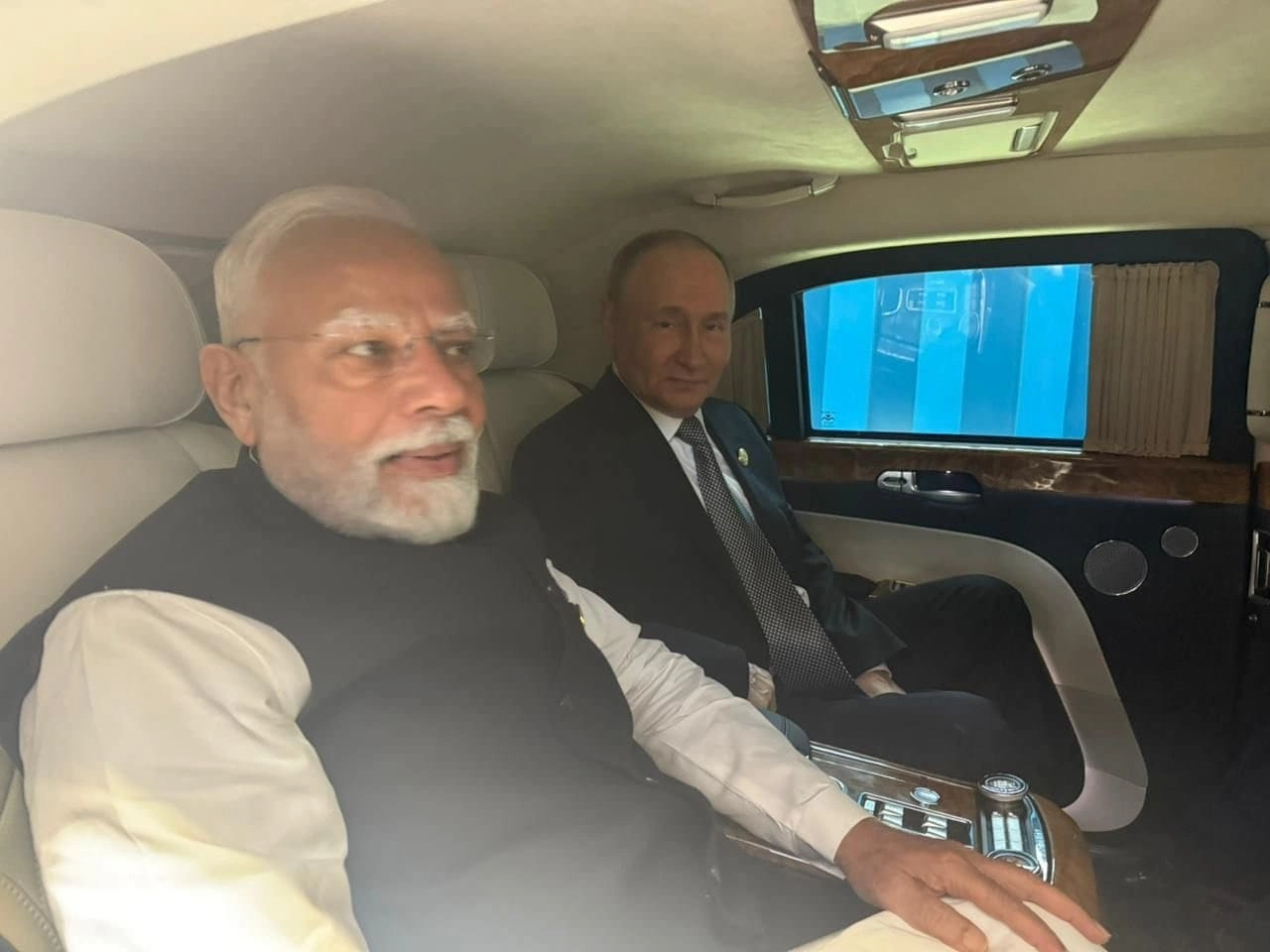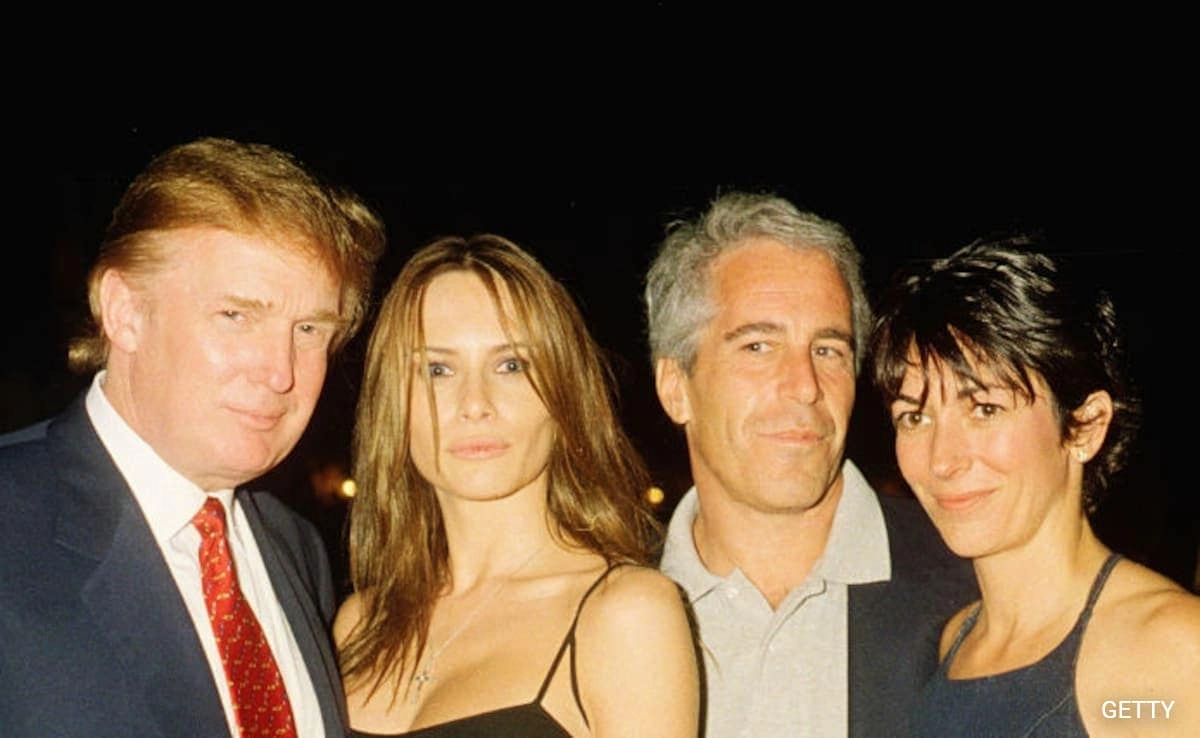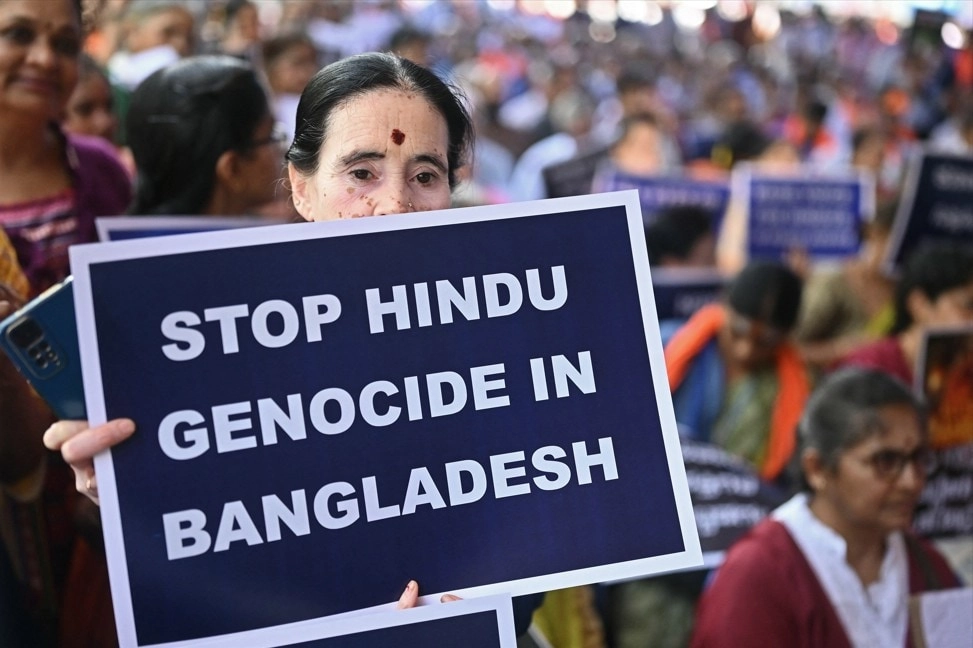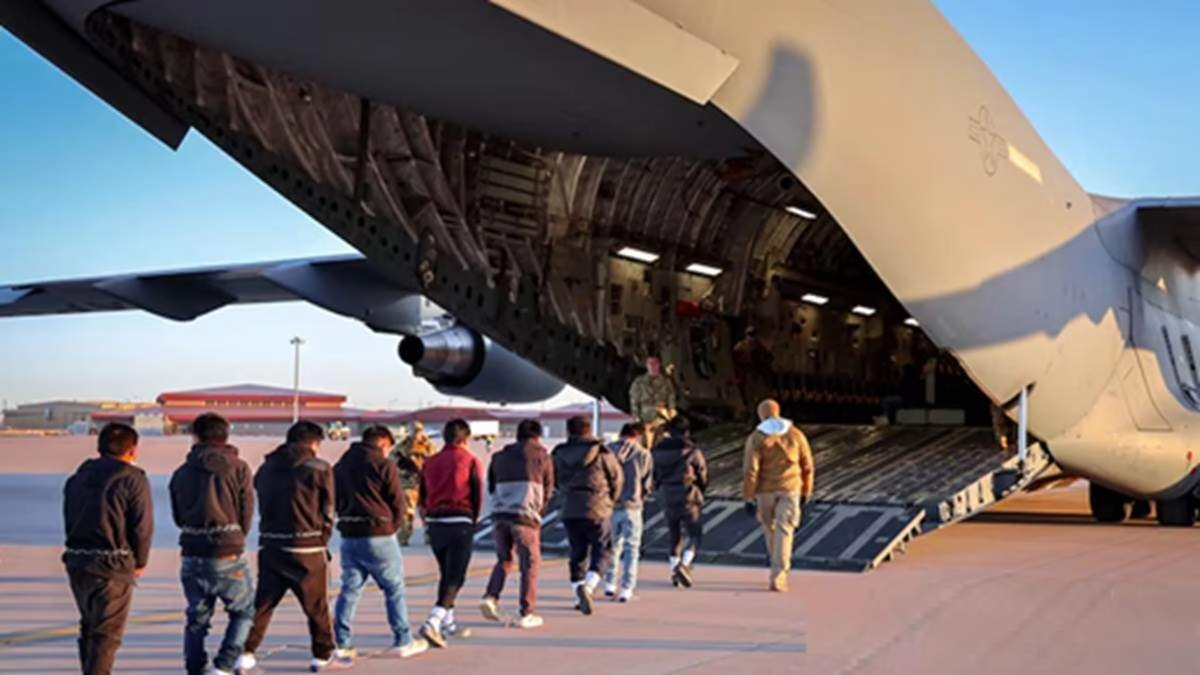During a recent summit of the Shanghai Cooperation Organization (SCO), Russian President Vladimir Putin expressed a desire to travel with Indian Prime Minister Narendra Modi following the event. This unexpected inclination highlighted the growing rapport between the two leaders, as they engaged in a lengthy discussion during their shared car ride. Reports indicate that their conversation lasted approximately 45 minutes, covering a range of topics that likely included bilateral relations, regional security, and economic collaboration.
The choice of transportation—a car ride—symbolizes a more personal and informal setting for dialogue, allowing for a candid exchange of ideas and perspectives. Such interactions are often crucial in diplomacy, as they foster a sense of camaraderie and understanding that can transcend formal negotiations. The chemistry between Modi and Putin has been notable, especially in recent years, as both leaders have sought to strengthen their countries’ ties amidst shifting geopolitical dynamics. Their discussions may have touched on various issues, including the ongoing developments in international politics, trade partnerships, and strategic alliances.
As global power dynamics continue to evolve, the relationship between India and Russia remains significant. Both nations share common interests in several areas, such as counter-terrorism, energy security, and trade expansion. The informal setting of their car ride could indicate a willingness on both sides to explore deeper cooperation, particularly in light of challenges posed by other global powers. The chemistry between Modi and Putin, underscored by their recent interactions, suggests that both leaders are keen on maintaining a strong partnership, which could have ramifications for regional stability and economic growth.
In conclusion, Putin’s desire to travel with Modi after the SCO summit and their extensive car conversation reflects the growing bond and mutual respect between the two leaders. As they navigate the complexities of international relations, their personal rapport may serve as a catalyst for enhanced collaboration between India and Russia, further solidifying their positions on the global stage. The implications of their discussions could resonate beyond their bilateral ties, influencing broader geopolitical trends and regional alliances in the years to come.




